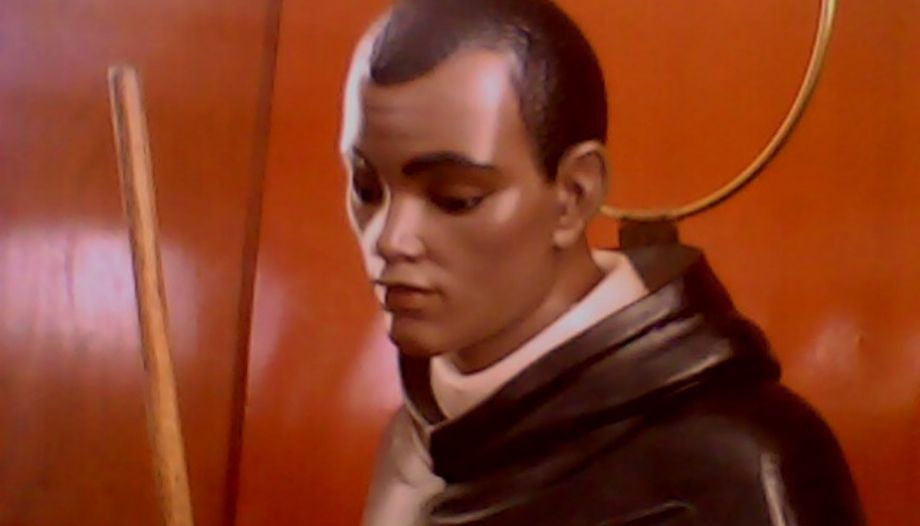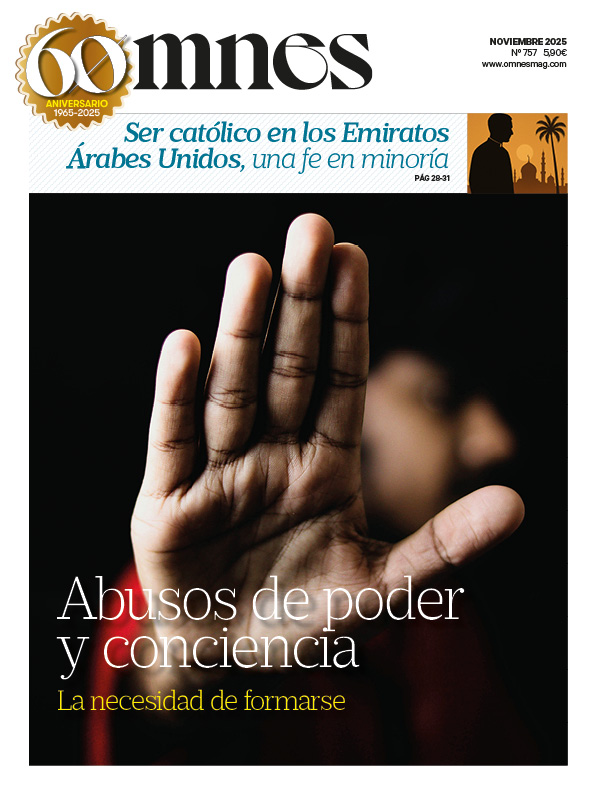St. Martin de Porres was born on December 9, 1579 in Lima, the son of a Spanish nobleman and a black Panamanian woman. He entered the Dominican Order in the convent of Santo Domingo in 1594. In 1603, he professed his vows as a lay brother. He worked as a barber, nurse and porter, and is remembered for using the broom as a symbol of service, and is known as ‘Fray Escoba’.
‘Fray Escoba’ stood out for his deep love for his fellow man, caring for the sick of all races and social classes, as well as animals. Miracles such as prodigious healings, bilocation (being in two places at the same time) and the ability to communicate with animals are attributed to him.
He founded a shelter for orphans, and died in Lima on November 3, 1639, leaving a great void in the city for his kindness and service to the needy. He was beatified in 1837 by Pope Gregory XVI and canonized in 1962 by Pope John XXIII. He is considered the patron saint of social justice, as well as the protector of barbers, nurses and public cleaning. His feast is celebrated every November 3.
Charity day and night with everyone
The Dominican website reports that it was on June 2, 1603 that St. Martin de Porres consecrated himself to God by his religious profession. Fr. Fernando Aragonés will testify: “He exercised himself in charity day and night, curing the sick, giving alms to Spaniards, Indians and blacks, he loved, loved and cured everyone with singular love.” The convent's porter's lodge is a trail of humble soldiers, Indians, mulattos, and blacks; he used to repeat: “There is no greater pleasure than giving to the poor”.
The Roman Martyrology notes that “he learned medicine, which, later, being a religious, he generously practiced in Lima, a city of the Peru, in favor of the poor. Devoted to fasting, penance and prayer, he lived an austere and humble life, but radiant with charity († 1639)”.








